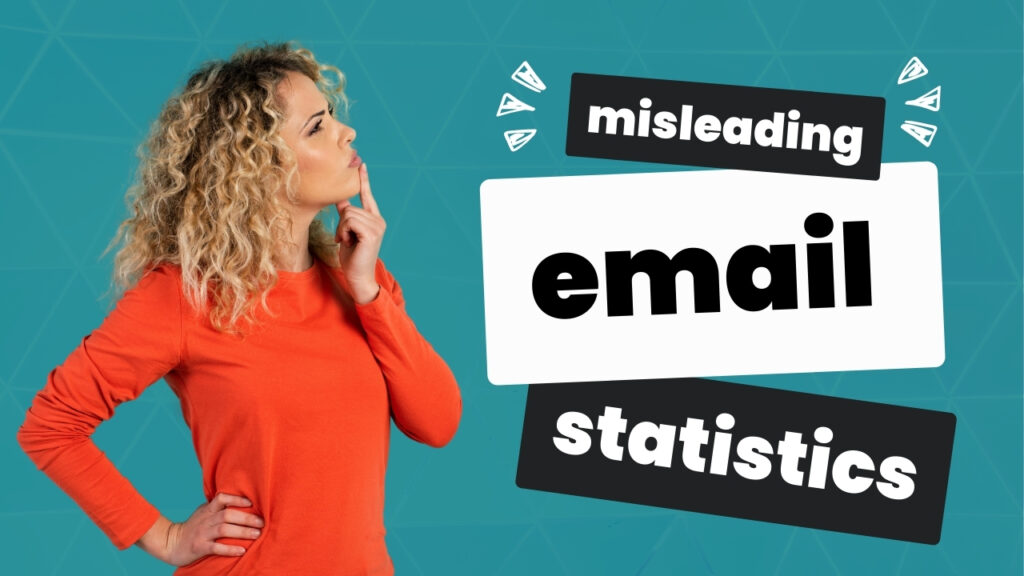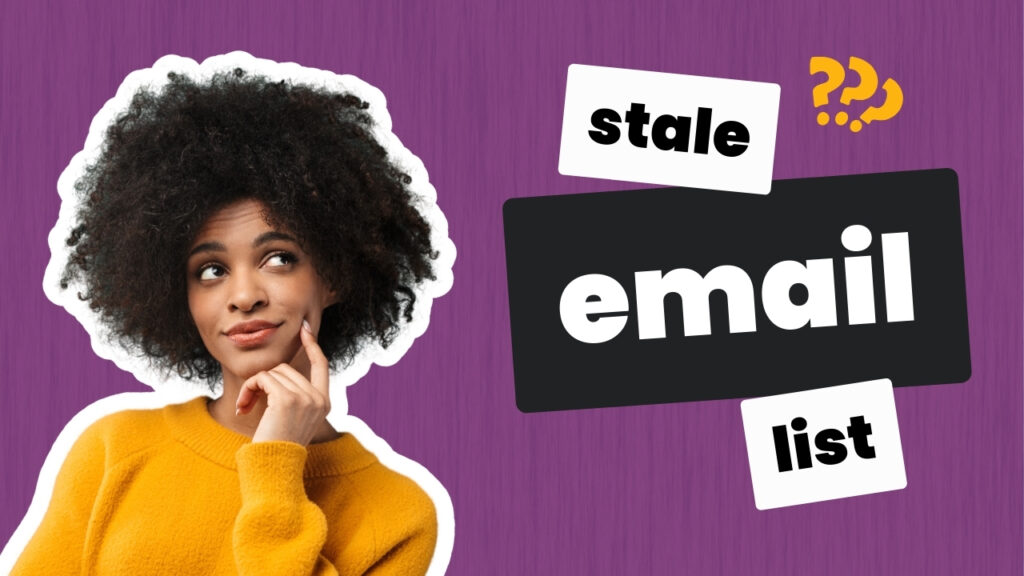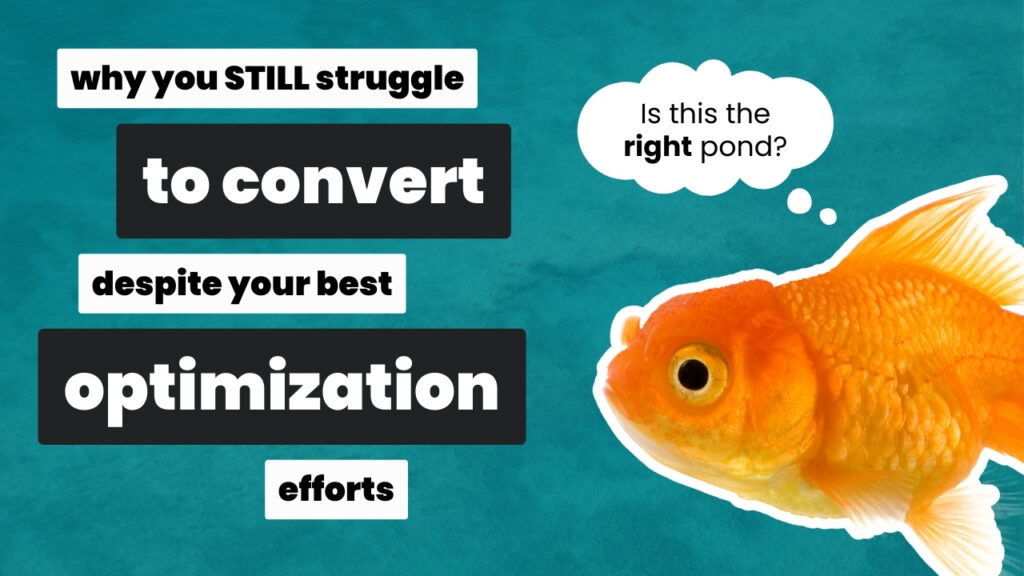Easily one of the biggest questions I see from people struggling with their sales pages is this: How long should my sales page be?
Honestly, it doesn’t matter.
It’s not really a question of long vs. short. The length itself isn’t important. What is important is the sales argument you make. And the sales page copy needs to be as long as is necessary to make a convincing one.
You’re not “writing long pages” — you’re shaping an argument. – Joanna Wiebe
To start, a successful sales page argument takes your prospect through a mindset shift.
In Breakthrough Advertising, copywriter Eugene Schwartz writes about the 5 primary stages, or states, of awareness that your visitors or prospects have to go through to be ready to buy:
Unaware. They have no knowledge of their problem, the solution, or your product.
Problem-aware. They recognize they have a problem but don’t know there’s a solution.
Solution-aware. They know the solution (or result) they want but don’t know that your course provides it.
Product-aware. They know what you sell, but aren’t sure if it’s right for them.
Most Aware. They know your product in detail and only need to know the deal offered.
If the end goal is to sell your course, you want to get them to the “most aware” stage. However, where you start your sales page (and argument) depends on your prospect.
What are they thinking right now?
I have X problem. How do I solve it? (problem-aware)
I want X outcome. How do I get there? (solution-aware)
I know your course can get me there. What’s included? (product-aware)
I know the course details. Now, what’s the deal? And how do I get it? (most aware)
An effective sales page argument will then connect the dots between the prospects starting stage of awareness and where you need them to end up to be ready to buy (most often, the most aware stage).
Your argument (and your copy) is also influenced by your offer’s price and level of complexity.
“The amount of copy you need depends on the complexity and cost of the product. The more complicated and/or expensive the product, the more you need to explain, show, educate, convince. – Peep Laja, ConversionXL
More often than not, online courses fall higher on the complexity and cost scale than, say, a no-brainer pack of socks.
Unbounce adds that more copy is better when your course comes with a big price tag, it’s complicated or hard to explain, your audience has low awareness about your course (think product- and solution-aware), or your course requires high-commitment.
There’s a good chance yours ticks at least one (and probably more) of those boxes. That means you’re going to need a stronger sales argument and longer copy.
The gold standard for selling courses is the long-form sales page.
If you’ve heard dirty little things about long-from sales pages (LFSP), it’s not because they don’t work. They do.
Moz tested a sales page that was 7x longer than the original. The longer page increased sales by 51.83%.
Crazy Egg tested a sales page that was 20x longer than the original. The longer page outperformed the control by 30%.
Quality Training tested a sales page that was 3x longer than the original. The longer page increased conversions by 662%.
Yeah, LFSPs work, but they get a bad rap because of HOW people use them.
Most of them look like vomit. Worse, actually. The copy is written by idiots who think that adding exclamation marks and hype into every sentence boosts sales. (Grow up.) A lot of the products sold via long form sales pages are actually a scam. It looks like the easiest business to do – just create a pdf file and start selling it. That’s why it attracts a lot of losers. The barrier of entry is extremely low, so any idiot can get started. – Peep Laja, Conversion XL
I have to agree with Peep on this. There are way more crappy LFSPs out there pissing people off than good ones giving people hope.
But… there are examples of LFSPs done extremely well.
Just look at 7-figure course creator Amy Porterfield. She uses LFSPs for all of her courses. Take Courses That Convert, for example.
It looks amazing.
The copy is genuine, not at all hyped up or exaggerated.
And the course is a top-notch product.
Clearly, it’s not the concept of the long-form sales page that’s earned the bad rep. It’s the execution.
But will people even read all that copy?
Yes and no.
Thanks to advancements in analytics software, digital marketers are learning that visitors scan first — things like your crossheads, images, bullets, or anything that jumps off the page and grabs attention — then go back and read relevant sections.
Will everyone scan then read?
No way.
But that’s okay because your page isn’t written for everyone. It’s written for your ideal student.
That’s the only person you should care about creating a sales page for. That’s who your page is engineered to convert.
There’s no “right” length, only a persuasive argument.
If you remember nothing else from this post, I hope it’s this:
How long should my sales page be? is the wrong question. How much do I write to make a convincing sales argument is a much better starting point.
Long-form sales pages are the gold standard when it comes to selling courses online.
That’s because you have to write as much as you need to make a convincing sales argument. And the side effect of a solid argument is a longer page.
Remember, you don’t write a long-form sales page just to write more words. You’re building a sales argument. And every single thing on your sales page should earn its place.
The good news is that LFSPs work.
There’s proof — enough proof that top course creators like Amy Porterfield and Joanna Wiebe embrace LFSPs wholeheartedly.
Want to sell more courses?
Focus on your sales argument and try a long-form sales page.


